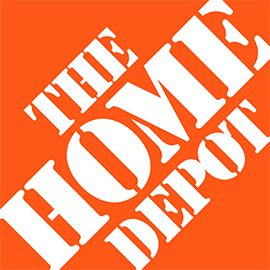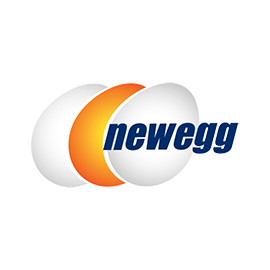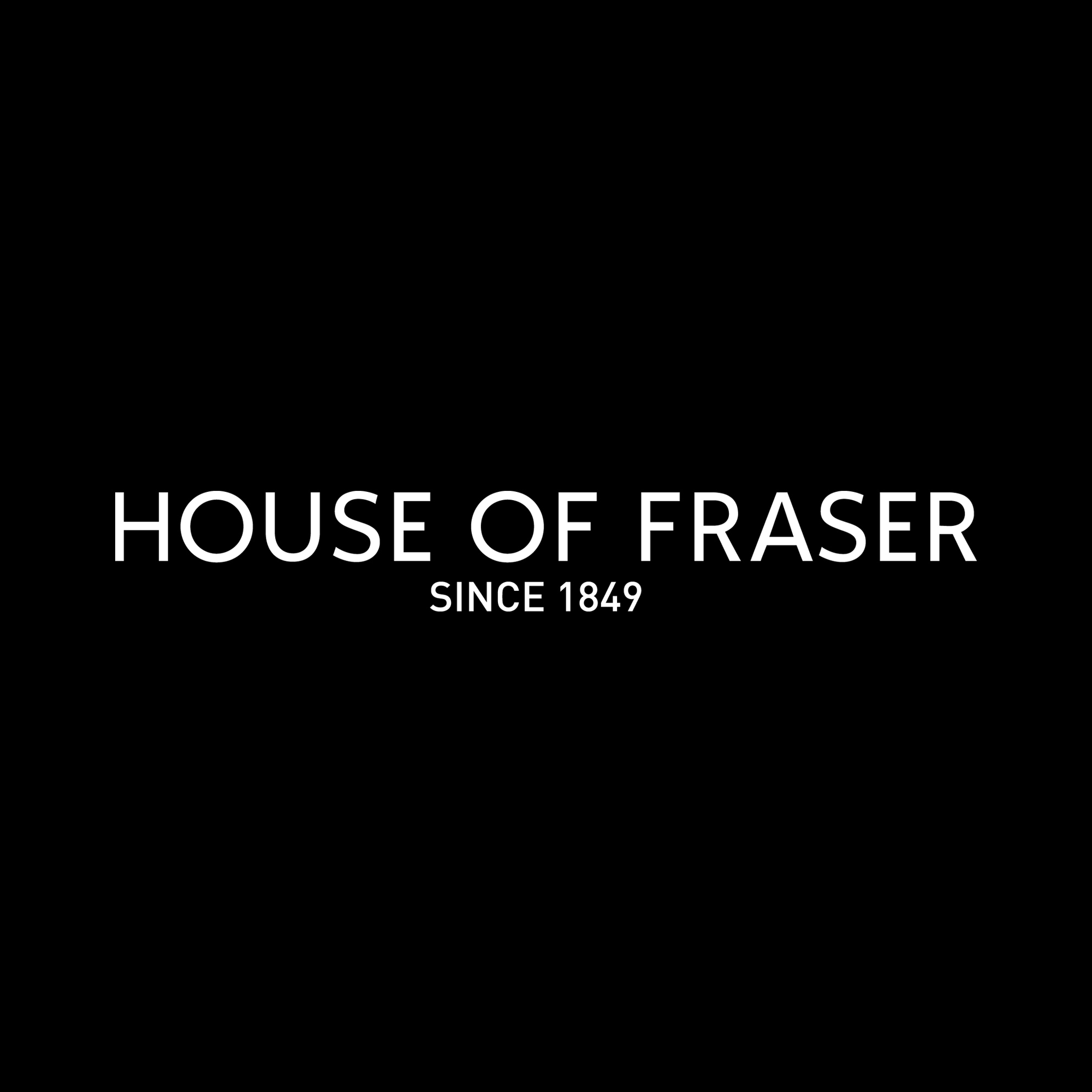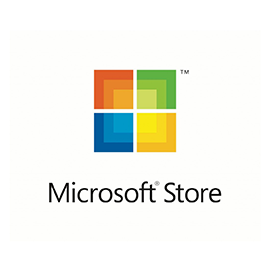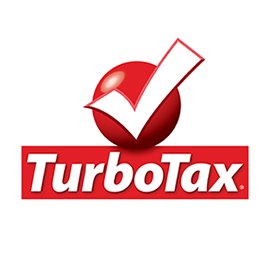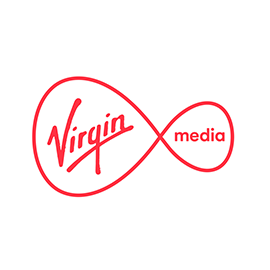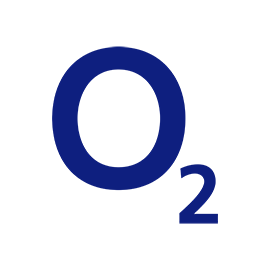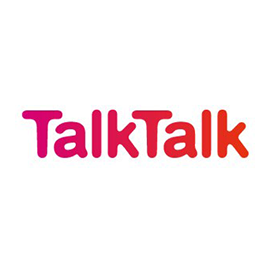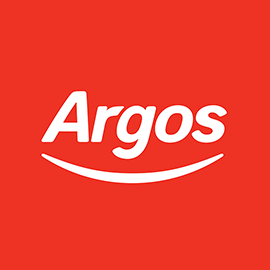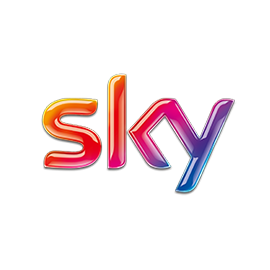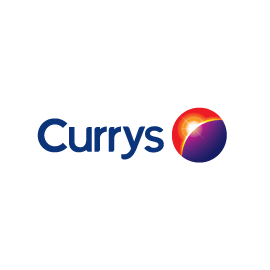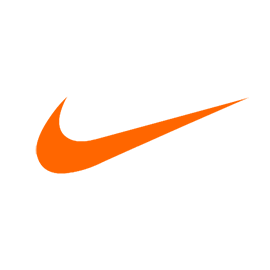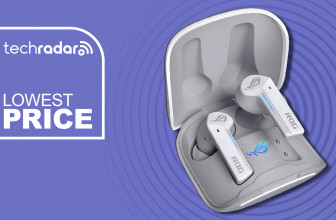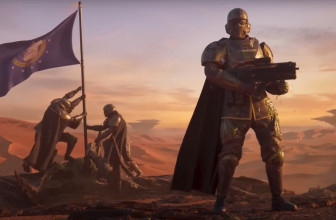
Fans of cloud gaming might come crashing back to earth following the news from CEO of Microsoft Gaming Phil Spencer that Microsoft has shelved plans for an Xbox streaming stick.
The long-discussed Xbox streaming stick, codenamed Keystone, is no longer a viable option from either a production and utility standpoint, “It was more expensive than we wanted it to be when we actually built it out with the hardware that we had inside,” Spencer told The Verge. He cited the broader impact of the cost-of-living crisis on consumer habits as one of the deciding factors behind Keystone’s indefinite hiatus – which makes sense, especially as we brace ourselves for the possible Xbox price hikes coming in the new year.
However, those who were looking forward to the cloud-only device aren’t going to be left out in the cold this winter. There are plenty of alternatives that won’t cost you (or Microsoft) the earth.
On cloud nine
Microsoft has been expanding its streaming service under the Xbox Cloud Gaming umbrella.
The cloud-streaming service, which is available on smartphones and smart TVs alike, has garnered over 20 million players to date. It provides users of Xbox Game Pass Ultimate with an easy, portable, totally online way to enjoy their subscription from anywhere in the world, and comes as part of your payment of $14.99 / £20.99 / AU$15.98 a month
The Xbox streaming stick gives you an easy way to take your Xbox Game Pass library with you when you travel. While you can stream games through Samsung Gaming Hub to modern smart TVs, the service doesn’t work on older devices. With a streaming stick, you could plug the dongle into any TV with an HDMI port, connect to the WiFi and access the Game Pass catalog.
However, cloud gaming still has notable drawbacks over native play. If your internet connection isn’t strong then you will face graphical glitches, buffering, and delays between your inputs to the gamepad and the action on screen. And, even if your internet is perfect, you won’t be playing at the 4K resolutions you get on Xbox Series X. So, to be attractive, the Xbox streaming stick has to be significantly more affordable than a current-gen console, like the Xbox Series X and Xbox Series S. And, considering cloud gaming is available on the Xbox One, too, the streaming stick would be competing with that generation of hardware, too.
It appears Microsoft couldn’t get the price of the hardware down low enough to make it competitive. According to The Verge, Microsoft was aiming for $129 (£110, AU$190) or less but the team struggled to get it below a $299 package. That’s why “We decided to focus that team’s effort on delivering the smart TV streaming app,” Spencer explained.
At another point in the interview, Spencer talked about the lengths Microsoft is going to support gamers in the cost of living crisis, and clearly, an exorbitantly expensive streaming stick runs counter to those plans. Project Keystone may be revived in the future, but for the moment, Microsoft’s attentions are elsewhere.
Source: techradar.com

